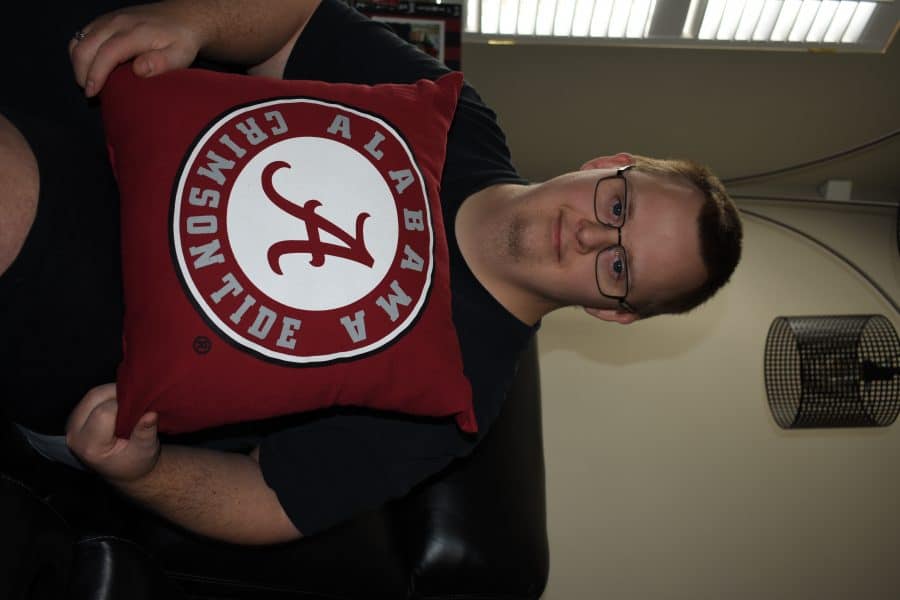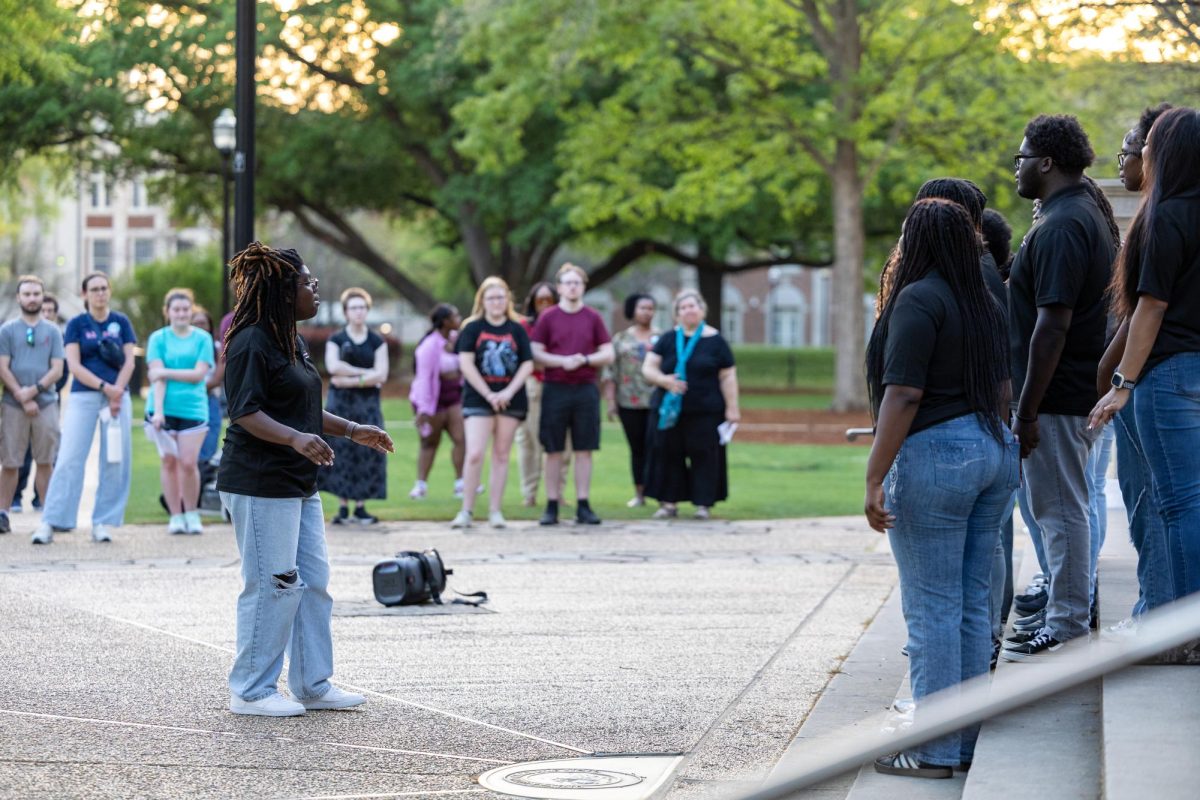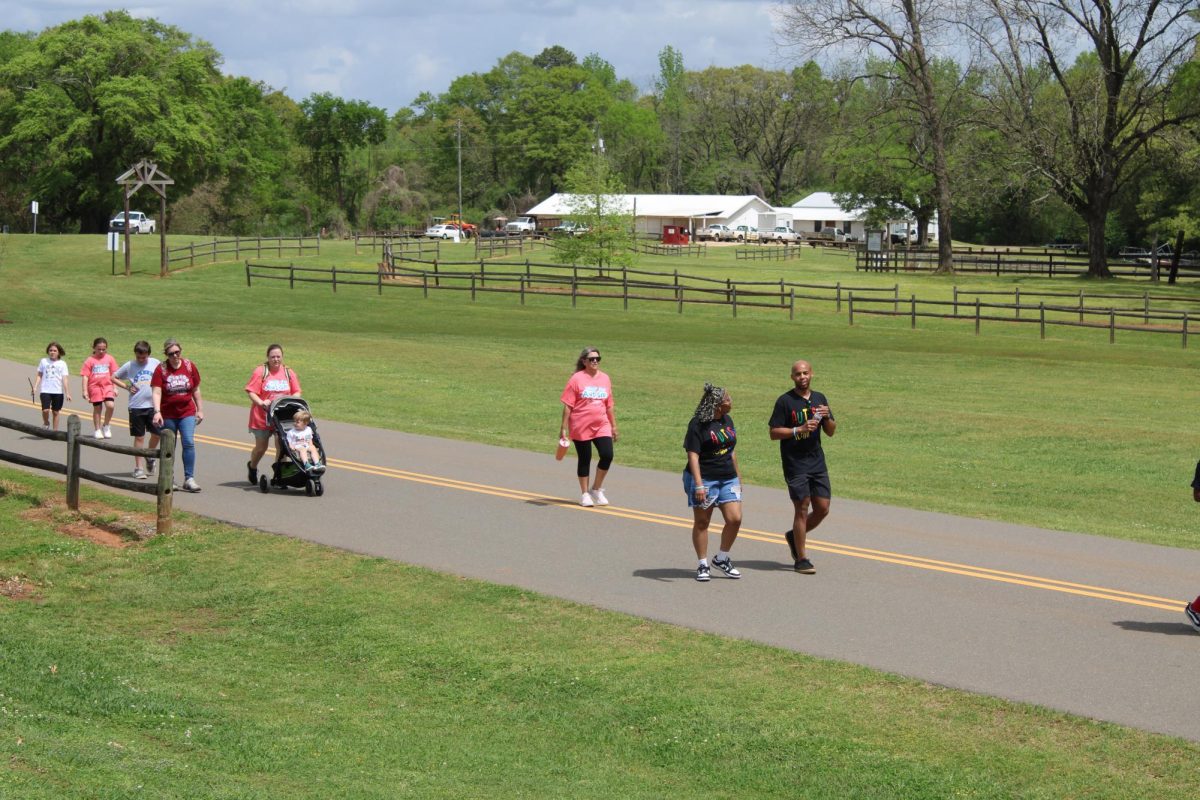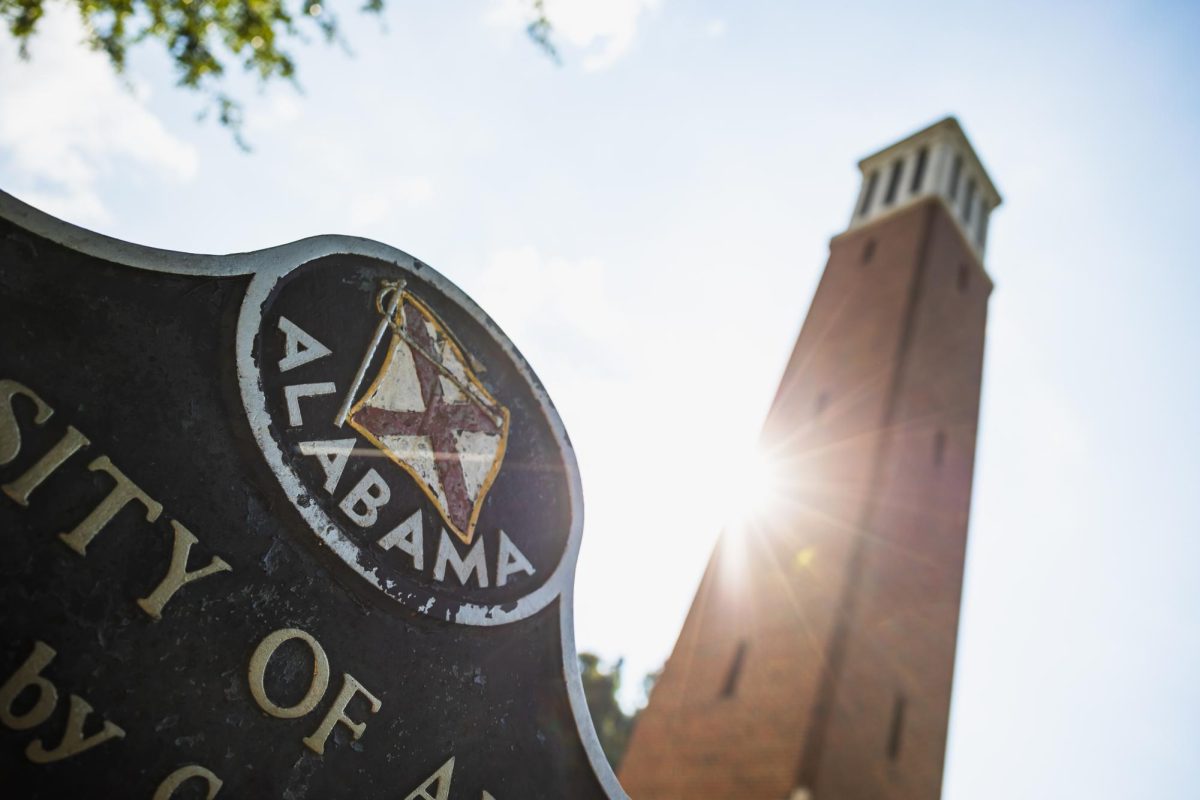The CrossingPoints program at The University of Alabama has taught students with disabilities valuable life skills that give them the freedom to take charge of their life, one towel at a time.
Cody Pope and his grandmother, Rosemary Ingram, moved to Tuscaloosa in 2006 to attend the Tier 1 program in CrossingPoints, which serves students 18-21 years old. He attended that program from 2006 until his graduation in 2008.
“Cody learned in CrossingPoints how to fold his laundry. I had always done all of that,” said Rosemary Ingram, Cody Pope’s grandmother. “In CrossingPoints, you fold your towels differently from the way I fold them. He is convinced to this day that I’m wrong.”
The college experience is not as easily accessible to students with disabilities in a lot of cases, but programs like CrossingPoints are giving students like Pope a chance to learn skills that could help them later in life.
The program is a partnership with Tuscaloosa City School System and Tuscaloosa County School System, specifically geared towards individuals with disabilities to include them on college campuses while still receiving the assistance of special education programs in their local systems. They attend specific CrossingPoint classes to help them succeed in life.
“The college experience they have is a little bit different than any other college students,’” said Amy Williamson, coordinator for the CrossingPoints program. “We focus on employment development, independent living skills instructions, social improvement, leisure, recreation, teaching them how to access different things within the community.”
“It’s so much different than teaching in a classroom because we’ve always taught independent living skills and how to take care of yourself,” Williamson said. “But, they still leave the classroom and go home and their parents and grandparents see them in a certain way and don’t realize how much they can do.”
The program received a $2.5 million grant from the federal government in 2015, which meant the program could expand and create the Tier 2 program. Also known as the Summer Bridge, the 9-week program allows students to live in the dorms and attend college classes informally as a way to determine if they would be interested in pursuing a higher education. Pope was a member of the inaugural class of students to experience life on campus.
“It was great,” Pope said.“I learned about cooking, laundry, making my bed, a lot of stuff.”
Living on campus without family there to do household tasks, students in the program learn to take care of themselves, allowing for newfound independence and skills they can use if they ever move far from home. Learning these skills allows for more autonomy and confidence for the participants.
Pope went on to work at the Capstone Medical Center as a lab runner before making the decision to purchase a home.
“It’s always been my dream to have my own place,” Pope said.
What Pope learned in the program gave him the drive to achieve his independence and anything else he wants to pursue in his future. Ingram said letting him leave the nest and live alone was a difficult change for her, but one that has greatly benefited him.
“Before, I would let him know when the meal was ready. Now, at his house, I don’t know what he’s having. He is totally independent, even to the point of preparing his own food. I think we can’t underestimate the power of ‘want to.’” Ingram said. “Cody really has wanted the independence. I had a hard time backing off and letting him do it, but I’m seeing everyday that it’s almost no big deal. He’s over there, close enough to me that I can run over there if I need to, but for the most part, he can do it.”
Now that one dream has been accomplished, Pope’s next dream is to become an actor, a career track that he’s already begun. He met John Travolta, the star of Pope’s favorite movie, Grease, in Birmingham. Pope is to make his on-screen debut in Travolta’s next film, Trading Paint, as an extra in a hospital scene.
“These are students who could be easy to write off, but we believe that if we set high expectations, they’re going to jump to them, and we’ve never really been failed in that,” Williamson said. “If we set the bar, they’ll typically exceed it.”









